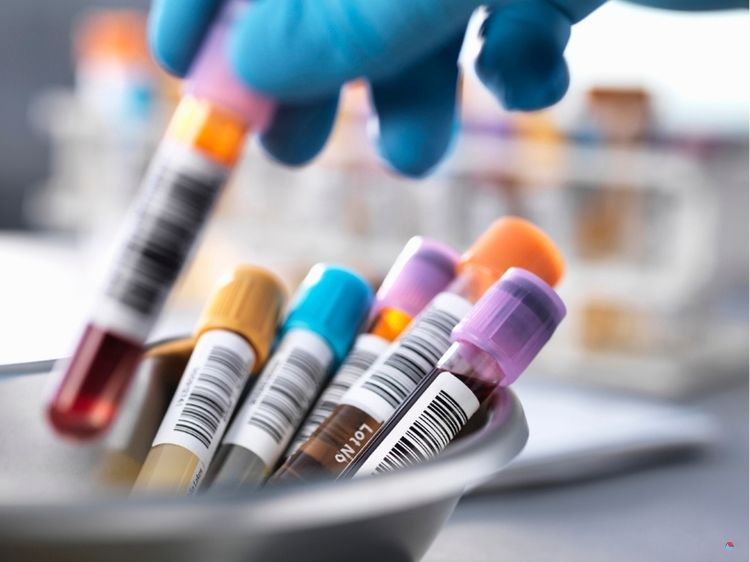In an era where health is at the forefront of everyone’s minds, professional pathology services stand as the unsung heroes in the medical field. These services play a pivotal role in diagnosing diseases, guiding treatment plans, and unlocking the mysteries of the human body. Let’s embark on an enlightening journey to understand the significance and workings of professional pathology services.
Imagine walking into a world where every disease has a name, and every symptom leads to a solution. That’s the realm created by professional pathology services. Pathologists and their teams work tirelessly behind the scenes, analyzing samples and making sense of the complex biological puzzle pieces that define our health. This article shines a light on their invaluable work, exploring the facets of professional pathology services that impact healthcare at every level.
What are Professional Pathology Services?
At their core, professional pathology services involve the examination of tissues, cells, and bodily fluids to diagnose diseases. From simple blood tests to intricate biopsies, these services encompass a range of procedures that help in detecting abnormalities, monitoring health conditions, and guiding medical treatments.
The Backbone of Modern Medicine
Pathology services are the foundation upon which modern medicine stands. They provide the crucial information needed for accurate diagnoses and effective treatment plans. Without these services, healthcare professionals would be navigating in the dark, making educated guesses rather than informed decisions.
The Scope of Professional Pathology Services
- Diagnostic Pathology: Identifies diseases and conditions through laboratory tests of tissue samples.
- Clinical Pathology: Focuses on the analysis of blood, urine, and other bodily fluids to diagnose diseases.
- Anatomic Pathology: Involves examining body tissues to understand the effects of diseases on the human body.
- Forensic Pathology: Determines the cause of death by examining a deceased person’s body.
Each of these areas plays a critical role in our understanding and treatment of diseases, showcasing the versatility and depth of professional pathology services.
The Unseen Heroes: Pathologists and Their Teams
Behind every successful diagnosis lies a team of dedicated pathologists and laboratory professionals. These individuals combine their expertise in science and medicine to interpret test results, making critical contributions to patient care. They are the bridge between the raw data of laboratory tests and the clinical applications that save lives.
The Process of Professional Pathology Services
- Collection and Preparation: Samples are collected and prepared for analysis.
- Analysis: Specialized techniques and equipment are used to examine the samples.
- Diagnosis: Pathologists interpret the results to make a diagnosis.
- Reporting: Findings are reported to the referring physician for further action.
This meticulous process ensures that each sample is handled with precision, leading to accurate and reliable diagnoses.
The Impact of Professional Pathology Services on Healthcare
The contributions of professional pathology services to healthcare are immense. They enable early detection of diseases, which is crucial for effective treatment. Moreover, they assist in monitoring the progress of diseases and the effectiveness of treatments, facilitating personalized medicine. By providing a clearer understanding of disease mechanisms, pathology services also pave the way for the development of new treatments and therapies.
FAQs on Professional Pathology Services
- What kind of samples do pathologists examine? Pathologists analyze a wide range of samples, including blood, tissue, cells, and bodily fluids.
- How do pathology services contribute to cancer treatment? They play a critical role in cancer diagnosis and staging, helping determine the most effective treatment plans.
- Can pathology services detect infectious diseases? Yes, they are instrumental in identifying infectious agents, allowing for timely and appropriate treatments.
- Are pathology services involved in preventative care? Absolutely. They help in identifying risk factors and diseases at early stages, facilitating preventative measures.
Summary
Professional pathology services are the linchpins of the healthcare system, offering insights that drive the diagnosis, treatment, and prevention of diseases. Through the meticulous work of pathologists and their teams, these services contribute significantly to our understanding of health and disease. As we continue to face new health challenges, the role of professional pathology services will only grow in importance, ensuring that the medical community remains equipped to provide the best possible care.
In wrapping up, let’s remember that these services are not just about diagnosing diseases; they’re about understanding the human body in health and illness, guiding treatments, and, ultimately, saving lives. The journey through the world of professional pathology services is a testament to the incredible advancements in medical science, highlighting the critical role that these services play in the pursuit of health and well-being.

